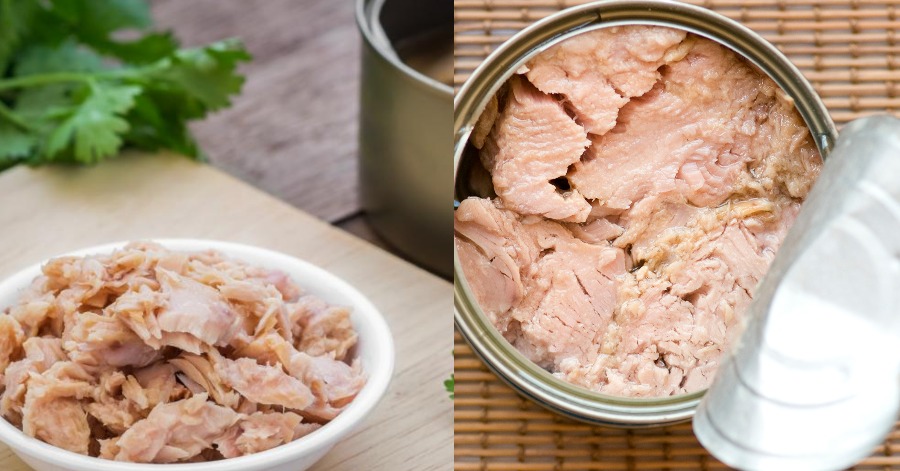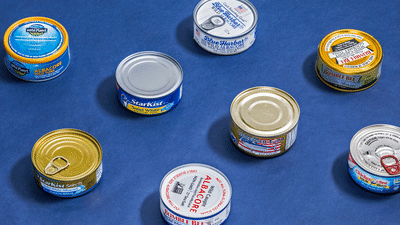Do canned tuna fish have more nutrients than fresh fish? Actually, if you want to lose weight, canned tuna is the best choice. Tuna is one of the most popular types of seafood and has always been an option. We eat for breakfast, light snacks, or cooked, tuna fish is a choice for the whole family.
In addition to its sweet and savory taste, tuna is known to be very nutritious. Tuna is an excellent source of vitamin B12, an essential vitamin needed to make DNA.
Vitamin B12 also helps you form new red blood cells and prevents the development of anemia. But what about canned tuna, does it have the same nutritional value as of fresh fish? Canned tuna is easy to find and high in protein, but is it safe to eat?
Tuna Nutrition

Here are the nutrients and also the calories of canned tuna compared to other types. We look at three types of tuna preparation as below:
Fresh tuna
- Tuna calories: 31
- Total fat: less than 1 gram
- Saturated fat: less than 0.5 grams
- Omega-3 content: DHA (25 mg), EPA (3 mg)
- Cholesterol: 11 mg
- Salt: 13 mg
- Protein: 7 grams
Canned tuna, along with oil
- Tuna calories: 56
- Total fat: 2 grams
- Saturated fat: less than 1 gram
- Omega-3 content: DHA (29 mg), EPA (8 mg)
- Cholesterol: 5 mg
- Salt: 118 mg
- Protein: 8 grams
Canned tuna, with water
- Tuna calories: 24
- Total fat: less than 1 gram
- Saturated fat: less than 0.5 grams
- Omega-3 content: DHA (56 mg), EPA (8 mg)
- Cholesterol: 10 mg
- Salt: 70 mg
- Protein: 6 grams
Canned Tuna Fish with Oil & Water
Canned tuna is more salty than fresh. However, the number of calories and the amount of total fat and saturated fat depends on whether the tuna is packaged in oil or water. The nutrient content can vary between brands based on how the tuna is packaged, so it is best to check the label. Tuna fish packaged with water may have higher docosahexaenoic acid (DHA).
DHA is a type of omega-3 fatty acid that is very important for brain and eye health. In addition, fresh and canned tuna is a good source of some important vitamins and minerals, including vitamin D, selenium, and iodine.
Can Canned Tuna Be Used For Diet?

In conclusion, canned tuna contains water and oil is a good source of protein and low in saturated fat. However, canned tuna packed with oil tends to have higher calories and total fat. So, canned tuna is a good choice as it is low in calories but high in protein content.
A high protein diet is associated with weight loss benefits, including feeling full quickly and feeling less hungry.
Sources: Healthline.com, Hellodoktor.com, WebMD.com










Leave a Comment